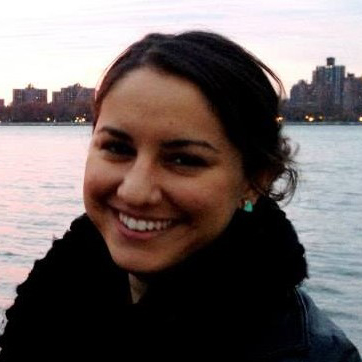Paul Ryan Only Ever Cared About the Rich
It feels like a million years have passed since Paul Ryan was Mitt Romney’s vice presidential candidate. But a story from back then speaks volumes about his legacy today.
On the campaign trail, Ryan took some heat for “ramrodding” his way into an Ohio soup kitchen — without permission — for a staged photo op. All the patrons had been served and the kitchen had been cleaned, so the Romney team snapped some pictures of Ryan washing a couple dishes. They left after 15 minutes.
There’s no better anecdote to sum up Paul Ryan’s career in politics — masquerade as an advocate for poor people for the chance to pass policies that would hurt them most.
Still, Ryan managed to cement a reputation as a “deficit hawk,” as an earnest but ultimately compassionate policy wonk making the shrewd budget choices that would allow people across the country to prosper. But nothing could be farther from the truth.
There is, of course, the issue of Ryan’s obvious hypocrisy on the national debt. The 2018 deficit ballooned under his supposedly watchful eye, thanks in large part to the disastrous tax cuts passed last year.
But it wouldn’t be fair to the millions of people harmed by Ryan’s political choices to assess his legacy based on his faux concern over the federal budget alone.
Time after time, Ryan has let his “moderate” mask slip to show the real motives for his policies — to further enrich the wealthy while pretending to have the poor’s interest at heart. He adopted the mantle of fiscal responsibility to advocate slashing social programs designed to protect the most vulnerable, while offering bigger and bigger handouts to the wealthiest.
Take those tax cuts. Just months after they passed, Ryan tried his hand at selling the hugely unpopular legislation to the American public by tweeting about a Pennsylvania secretary receiving an extra $1.50 a week in her paycheck.
How much do, say, the Koch brothers stand to gain from that bill? $1.4 billion a year, as Americans for Tax Fairness pointed out.
Look at the so-called “opportunity zones” embedded in that same tax bill, which Ryan calls a critical part of his “poverty fighting agenda.” Ryan said he’d spent years trying to enact these tax breaks for developers building in low-income communities. But it’s a recipe for increased gentrification that could displace the very low-income people Ryan promises they’ll help. Goldman Sachs is already reaping the benefits.


